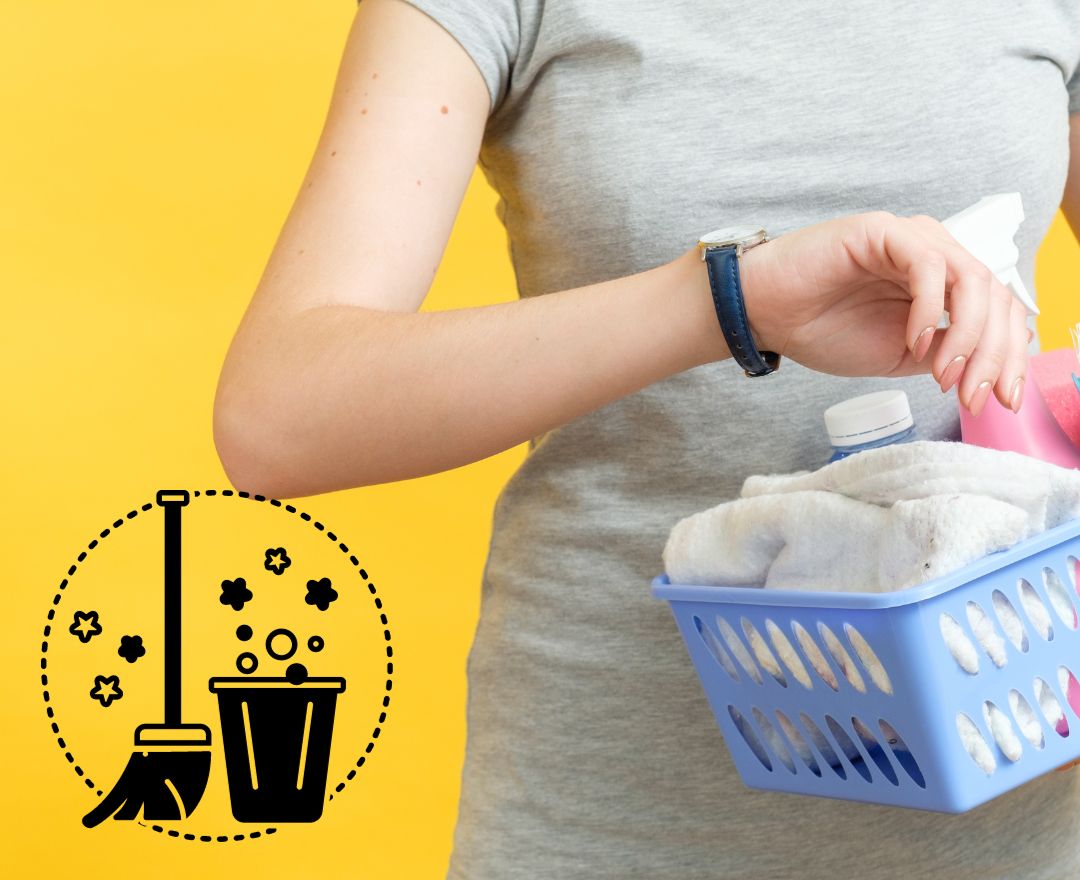
How many hours cleaning do I need?
Posted by Stephen Matthews @Childcare Cleaning Auckland Epiphany on 2023-10-24
Striking the perfect balance between cleanliness and childcare efficiency is a challenge that providers face daily. But have you ever wondered how many hours of cleaning are truly necessary? In this examination, we'll explore the factors that influence the cleaning requirements in childcare facilities, providing insights into how they optimize the allocation of cleaning hours to ensure both safety and educational excellence.
The question of how many cleaning hours are needed for a specific space is a crucial consideration for maintaining a clean and healthy environment. The required cleaning hours can vary widely depending on the type of facility, its size, usage, and specific cleaning needs. To determine the optimal number of cleaning hours, several key factors must be taken into account:
- Facility Size: The size of the space being cleaned is a fundamental determinant of the required cleaning hours. Larger facilities will naturally demand more time for thorough cleaning. For instance, a sprawling office complex will require more hours than a small retail store.
- Type of Facility: The nature of the facility also plays a significant role. Facilities like healthcare settings, childcare centers, and schools typically require more extensive and frequent cleaning due to the higher risk of infections and the need to maintain strict hygiene standards.
- Occupancy and Traffic: Facilities with high occupancy and foot traffic generally necessitate more cleaning hours. Places where many people come and go, such as shopping malls or restaurants, will have different cleaning needs compared to less crowded spaces.
- Specific Cleaning Needs: Specialized cleaning requirements, such as the need for medical-grade cleaning in healthcare facilities or intensive food preparation area sanitation in restaurants, will influence the number of cleaning hours required.
- Cleanliness Standards: Some facilities must adhere to strict cleanliness and safety standards, particularly in regulated industries like healthcare. Compliance with these standards may necessitate additional cleaning hours.
- Type of Cleaning Tasks: The variety and complexity of cleaning tasks, from routine maintenance to deep cleaning and sanitization, will affect the time required for cleaning.
- State and Local Regulations: State and local regulations may stipulate minimum cleaning requirements for certain types of facilities. Compliance with these regulations is vital to ensure a safe and sanitary environment.
- Seasonal Variations: Cleaning needs may vary seasonally. For example, a university may require more intensive cleaning during the academic year compared to the summer break.
- Budget Constraints: Budget considerations may influence the number of cleaning hours allocated. Striking a balance between the available budget and the desired level of cleanliness is essential.
- Quality Assurance: The quality of cleaning is as important as the quantity of hours. Efficiency in cleaning methods, staff training, and the use of appropriate cleaning products and equipment all contribute to achieving desired cleanliness levels within a given time frame.
In conclusion, determining the right number of cleaning hours is a multifaceted process that depends on various factors specific to the facility. A thorough assessment that considers facility size, type, occupancy, specific needs, regulations, budget, and quality standards is essential to strike the right balance. Regular reviews and adjustments of cleaning schedules may be necessary to maintain a clean and safe environment that meets the standards and expectations of the facility and its occupants.
Facts:
- Size of Space: The total hours required for cleaning depend significantly on the size of the space. Larger spaces generally demand more cleaning time than smaller ones.
- Cleaning Frequency: The frequency of cleaning, whether it's daily, weekly, or occasional deep cleaning, affects the total hours needed.
- Level of Cleanliness: The extent of cleaning required to achieve a certain level of cleanliness is a crucial factor. A deep clean takes more time than routine maintenance.
- Type of Cleaning: Different cleaning tasks, such as dusting, vacuuming, mopping, and bathroom cleaning, have varying time requirements.
- Cleaning Tools and Equipment: The efficiency and quality of cleaning tools and equipment can impact cleaning time.
- Number of Cleaners: The more cleaners you have, the less time it takes to clean a space. The inverse is also true.
- Clutter and Organization: A cluttered and disorganized space may require more time for cleaning as items must be moved and surfaces cleared.
- Specialized Cleaning Needs: Certain areas or items, like carpets, upholstery, or appliances, may need specialized cleaning methods and additional time.
- Environmental Factors: The cleanliness of your surroundings can also be influenced by factors like the level of pollution, foot traffic, and exposure to the outdoors.
- Cleaning Experience: Experienced cleaners tend to work more efficiently and may require less time to clean a space compared to inexperienced cleaners.
- Customized Cleaning Plans: Tailoring a cleaning plan to your specific needs and priorities can help determine the necessary hours of cleaning.
- Health and Safety Standards: Adherence to health and safety regulations may add to the time required for thorough cleaning.
- Efficiency Strategies: Implementing time-saving cleaning strategies and using modern cleaning technology can help reduce cleaning hours.
Understanding these factors and considering your unique cleaning requirements will help you estimate the number of hours of cleaning you need for your specific space.